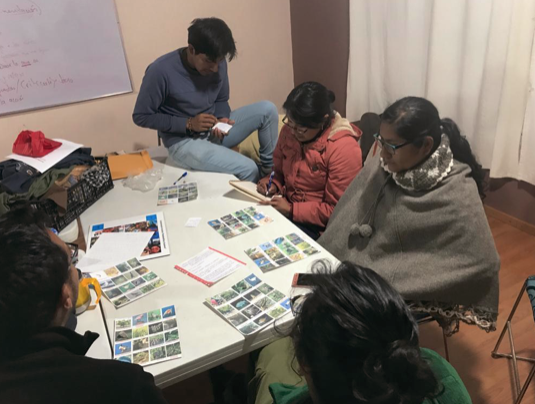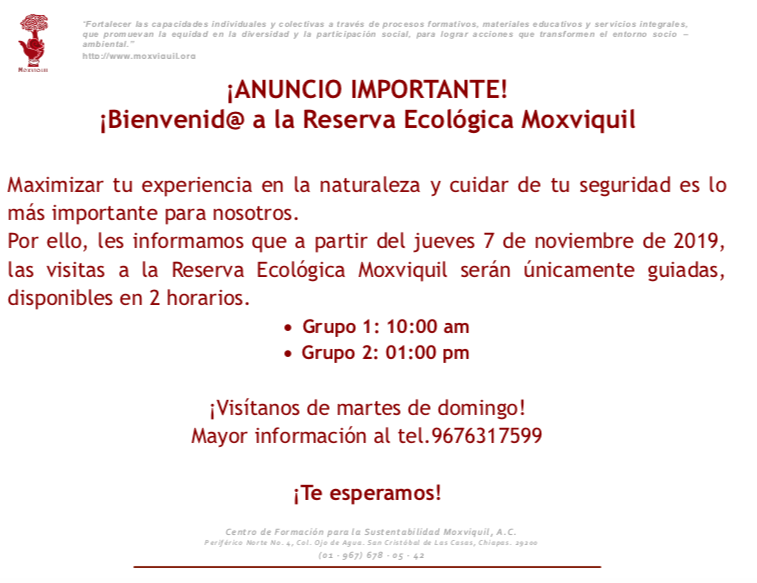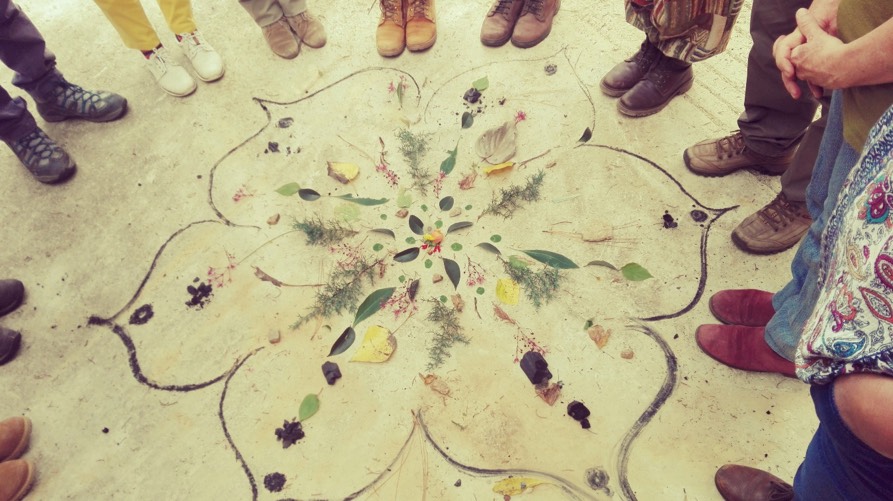Module Environmental movements and their implications: socio-environmental conflicts
March 2020
In the month of March, the fifth generation was kind enough to meet to delve into socio-environmental conflicts under the framework of analysis of the extractive model, facilitated by Claudia Ramos. The objective of this module was to analyze the structural elements that, from the analysis framework of the extractive-capitalist and patriarchal model, help to understand and address territorial environmental conflicts, through participatory critical reflection strategies. Some triggering questions that promoted the discussion-reflection of this meeting were: what natural, social and cultural elements are at stake with the extractive model? Are conflicts part of the historical abuses of power? Why are we the women who are at the forefront of the fight against this extractive model.
With these questions and others that were finding resonance in this dialogue, we gave ourselves the opportunity not only to provoke a theoretical analysis of the ways in which a model of death and destruction has been established historically on a planetary level, but also to approach a reading of our immediate socio-environmental realities such as the one lived in the city of San Cristóbal de Las Casas, Chiapas, with historical wounds that continue to bleed today in the face of an unprecedented onslaught of capital, therefore we visit the pain that is experienced in the exploitation of our hills to obtain sand, with polluted rivers, the loss of wetlands, to name a few, but we also visit the resistance, reconstruction and the various proposals that brave women lead today in favor of life and common goods. Thank you for receiving us, inspiring us and telling us about the path of search and struggle to the compañeras who received us from the Chupactic water system in the Cuxtitali neighborhood and to the compañeras from Cambalache who with their movement today reconfigure other ways of inhabiting the territory.
It should be noted that the students, as part of their activities in the module, prepared complaint materials through very creative posters.
Permaculture Module I
During this month, the Permaculture module was also experienced, facilitated by colleague Rubén Olivera. For this session, our headquarters moved to the wonderful space that crissalium occupies today, a permacultural model that encourages us to understand other life options. "Permaculture is a design tool for sustainable human systems inspired by nature for a future in energy decline" (Rubén Olivera, 2020). That is why it starts from three assumptions:
1.- The socio-environmental crisis is real
2.- human beings are nature
3.-The way we live today emanates from the exploitation of fossil fuels
4.- The decline of fossil fuels has already arrived, our human culture would not be the same without fuels.
Permaculture seeks a decided and collective energy change.
The group of students dedicated themselves to living the petals of permaculture through the construction of an eco-technique in a family production system, this time it was time to make a spiral with medicinal plants.







